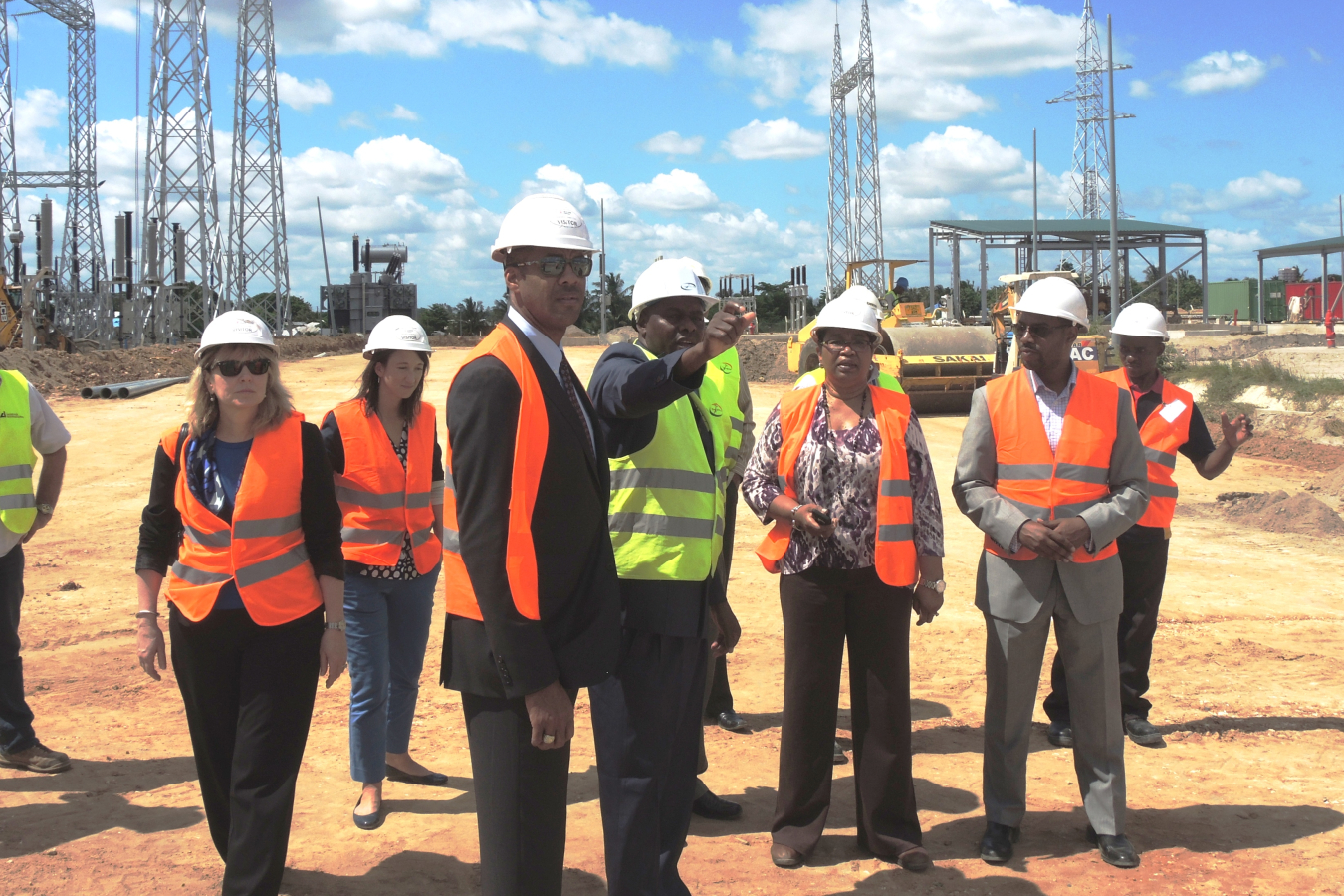
Africa is the world’s second most populous continent. It’s also rich in natural resources, including substantial untapped energy resources. Still, more than two-thirds of sub-Saharan Africa is without electricity, and more than 85 percent of rural Africans lack access to electric power.
By partnering with African countries, the United States works with them to address energy development and access challenges – and, in the process, facilitate a sustainable and thriving energy future for both the U.S. and Africa. That’s why in 2013 President Obama announced Power Africa, an initiative to double access to power in sub-Saharan Africa.
Power Africa is rooted in partnership and is designed to support countries as they responsibly develop their all their energy resources to build reliable, affordable power production and transmission to meet their energy needs.
And it represents a pivot from aid to partnership in Africa’s energy sector.
Under Power Africa, the U.S. government has committed more than $7 billion in financial support and loan guarantees – and that leverages over $20 billion in commitments from more than 90 private sector partners, as well as $9 billion from strategic partners like the World Bank, the African Development Bank, and the government of Sweden.
We’re doing our part at the Department of Energy (DOE). There are lessons from what we’ve done in the U.S. – and what we’re continuing to do – that African governments may be able to apply to their own unique circumstances. So one of the things we’ve done is establish an Africa Task Force, which I co-lead with International Affairs Deputy Assistant Secretary Andrea Lockwood and Senior Advisor to the Secretary John MacWilliams. This Task Force reaches across the DOE to bring together ideas and initiatives that can help African countries sustainably develop their energy sectors.
As part of this effort, I recently traveled to Tanzania and South Africa with some of my Task Force colleagues. Tanzania, like other countries in the region, has enormous natural gas resources. By partnering with the Tanzanian government in technical and regulatory areas, we can help to assure Tanzania harnesses its large gas potential to generate sustainable development in the energy sector – and beyond. So the goal of the trip to Tanzania was to share tools and expertise to achieve an open and transparent energy sector, one that will lead to a stable investment climate and contribute to regional and global stability in markets.
While in Tanzania, I toured the Kinyerezi 1 power plant. This plant is evidence that industry recognizes the potential of Africa’s energy sector – and it’s an excellent example of how international public-private partnerships are making a difference there. This plant is a collaborative effort between the Tanzanian government and Norway’s Jacobsen Elektro, using turbines manufactured by General Electric. All told, Kinyerezi 1 will add 150 megawatts of power to Tanzania’s national grid -- an increase of 10 percent.
In South Africa, my colleagues and I met with ministries and agencies across the energy sector, including the South African Department of Energy (SADOE), the South African National Energy Development Institute (SANEDI), and the state-run utility company, ESKOM. During these meetings we explored ways we could partner with South Africa to strengthen its energy sector. DOE enjoys an ongoing bilateral dialogue with SADOE that spans the energy spectrum – from nuclear energy to renewables; from efficiency to shale gas development and carbon capture and storage.
Our partnership with South Africa will be increasingly important as the power sector there faces real challenges in terms of policy, infrastructure and capacity building. So in addition to engaging on the traditional issues of our bilateral dialogue, we also offered to provide DOE’s expertise to South African energy officials as they move to transform their power sector.
Working with African partners to support sustainable energy development will result in economic growth; stable global energy markets; and a reduction in carbon emissions – all of which will help us realize a prosperous, sustainable future. That’s good for Africans; it’s good for Americans; and it’s good for global energy and environmental security.

